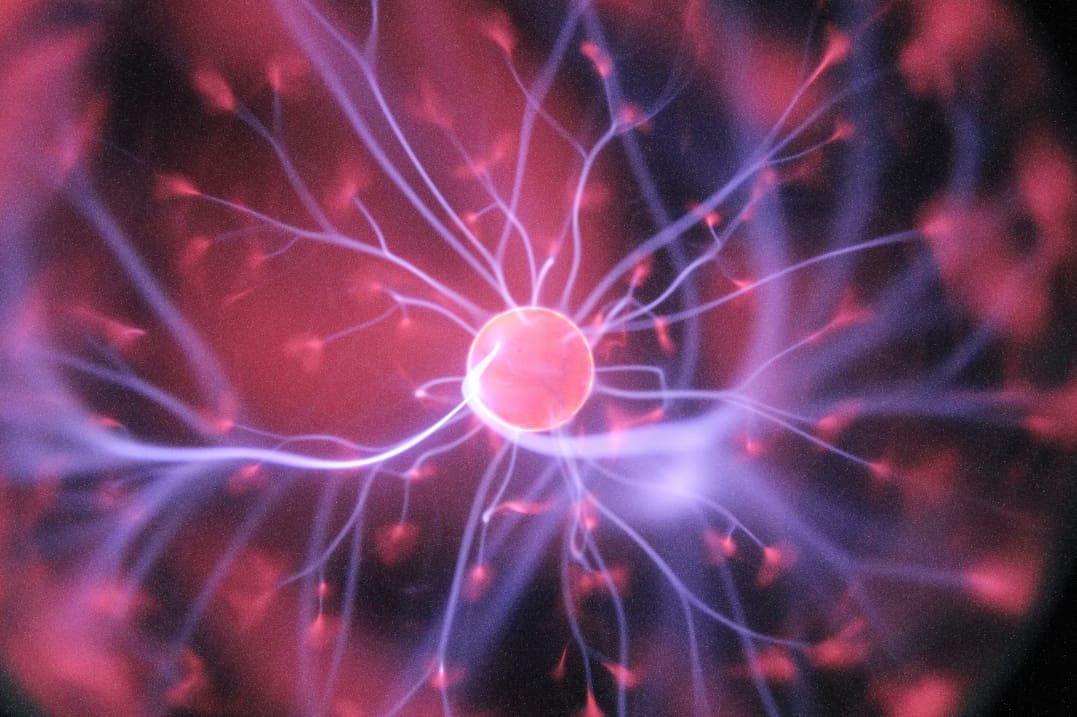Donating plasma isn’t just a generous thing to do—it’s a chance to directly save lives. Plasma is a key component of many life-saving treatments, and for some patients, it’s the only thing keeping them alive.
But what’s in it for you? Beyond the sense of fulfillment or purpose of helping others, donating plasma has its perks and, yes, a few downsides to think about.
If you’ve ever wondered whether donating plasma is worth your time, this guide breaks down the pros and cons to help you decide.

What Is Plasma, and Why Is It So Important?
Plasma’s Role in Medicine
Plasma is the liquid part of your blood. Think of it as the delivery system that carries nutrients, hormones, and proteins throughout your body. In medicine, plasma plays a vital role. It’s used to treat patients with burns, immune system disorders, and liver problems.
It doesn’t stop there—plasma is the foundation for creating medicines that treat rare diseases and conditions, like clotting disorders and certain immune deficiencies. The catch? Scientists can’t make plasma in a lab. Patients rely entirely on donors.
How Plasma Donation Works
Donating plasma is different from donating blood. The process, called plasmapheresis, separates plasma from your blood. A machine collects your blood, filters out the plasma, and then returns the rest to your body. The whole thing takes about an hour, and you can donate twice a week.
The Pros of Donating Plasma
Saving Lives
This is the big one. By donating plasma, you’re giving people a chance at life. Your plasma may help the recovery of burn victims, provide critical support for someone with a rare disease, or assist a patient fighting a severe infection. It’s a small effort on your part, but it can mean everything to someone else.
Financial Compensation
Donating plasma isn’t just about good vibes—you can get paid for your time. Many centers offer compensation for each donation. If you donate regularly, you could earn a reasonable financial incentive over the year. It’s a great way to help others while padding your wallet.
Free Health Checkups
Before each donation, you’ll go through a quick health screening to make sure you’re eligible. This includes checking your blood pressure, pulse, and iron levels. Each donation includes a brief health screening, which can help you stay on top of your overall health.
Boosts Your Mood
Helping others feels good, doesn’t it? Studies show that acts of kindness, like donating plasma, can release endorphins—those feel-good chemicals in your brain. It’s a natural way to lower stress and enhance your mood.
Encourages a Healthier Lifestyle
To donate plasma, you need to stay healthy. That means eating better, drinking more water, and cutting back on bad habits like smoking or drinking too much caffeine. Regular donations can motivate you to stick to these healthy habits, which benefits you in the long run.

The Cons of Donating Plasma
Physical Side Effects
Most people feel fine after donating, but there are some potential side effects. You might feel tired or dehydrated, and there’s a small chance of dizziness or fainting. Rarely, donors might experience vein irritation or bruising at the needle site.
Time Commitment
Donating plasma is a time-intensive procedure. Each session takes about an hour, not including the time you might spend waiting at the center. If you’re someone with a busy schedule, this can feel like a big chunk of your day.
Discomfort During the Process
Let’s be honest—needle insertion can be uncomfortable for some individuals. While the process is generally painless, some people find it uncomfortable. And if the staff isn’t experienced, things like a poorly inserted needle can make the experience less than pleasant.
| Pros of Plasma Donation | Cons of Plasma Donation |
|---|---|
| Saves lives: Helps patients with severe illnesses and injuries. | Side effects: Fatigue, dehydration, occasional vein irritation or bruising. |
| Financial compensation: Opportunity to earn for donations. | Time commitment: Each session takes about an hour, not including wait time. |
| Free health checks: Mini-screenings before each donation. | Discomfort: Unpleasant sensations during needle insertion. |
| Mood enhancement: Endorphins released from altruistic acts. | Preparation: Maintaining a healthy lifestyle is necessary. |
| Promotes healthy habits: Encourages good nutrition and hydration. | Not for everyone: Suitable only for healthy individuals with free time. |
Tips for a Safe and Comfortable Plasma Donation Experience
- Eat Well: Have a meal rich in iron and protein before your appointment. This helps keep your energy up and makes the process smoother.
- Hydrate: Drink plenty of water before and after donating to avoid dehydration.
- Dress Comfortably: Wear loose clothing to make the process more comfortable.
- Plan Ahead: Book your appointment during a time when you’re not in a rush.
Is Plasma Donation Right for You?
Donating plasma isn’t for everyone, but it’s worth considering if you’re healthy, have some spare time, and want to help others. The benefits—saving lives, earning money, and staying healthy—can outweigh the drawbacks if you’re well-prepared.
However, if you’re needle-phobic, have a hectic schedule, or experience discomfort during the process, it might not be the best fit. And that’s okay—there are plenty of other ways to make a difference.
Conclusion: Plasma Donation – A Personal Choice with Profound Impact
Donating plasma is an incredible way to save lives while enjoying some personal perks. You’ll gain a sense of purpose, extra cash, and even a few health insights along the way. But it’s not without its challenges, like potential side effects and the time it takes.
My Recommendation: If you’re curious about plasma donation, give it a try at least once. Prepare yourself with the tips above to make the experience as smooth as possible. Who knows? You might find it’s one of the most rewarding things you’ve ever done.





